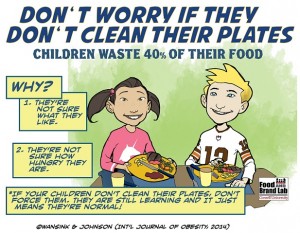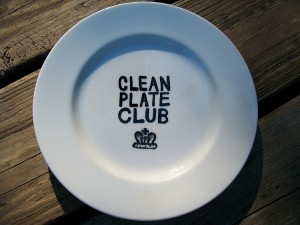During our morning foodlife activities today, the topic of cakes came up. Wedding cakes are a whole different animal from birthday cakes, we decided, not only because of how many people they must feed but also because of each person’s relationship to the guest of honor. Birthday cakes are also so often (though not always) homemade by friends of the person being celebrated instead of being bought pre-made from a store. This makes the dessert much more personal, but also leaves more opportunities for things to go wrong. Baking is an intricate science and can all too easily go wrong when left in the hands of non-professionals – I know I’ve personally had many experiences with burnt pastries and extra-salty cupcakes due to having too many cooks in the kitchen.
“I hate it when I feel pressured to eat things in situations like that!” lamented one of the ladies in my group.
“But how does that relate to what we’ve been learning so far?” I wondered in response.
I’ve been thinking about my own answer to that question all day. We have talked a lot about appreciating the food that is given to us, but what about when that isn’t a possibility for any number of reasons? All too often we are pressured into eating food that we do not need or want. Even from childhood, young kids are forced by their parents to choke down vegetables they do not like or to finish everything they have been given in order to join the “Clean Plate Club.” Consequently, so many of these children grow up averse to healthy fruits and vegetables they could have otherwise grown to like, and are taught to take whatever is given to them in incorrect portion sizes instead of being in tune with and listening to their own bodies.

As we grow up and go to school, the situation does not improve. Children of all sizes, dietary needs, and metabolisms are given the same set amounts of the same set dishes. I have always been very small, and the food given to me was always way too much in public school. Especially in middle school, I would get teased for not finishing all of the (really sub par) food on my tray. “What is your problem? Are you anorexic or something?” is something I’ve heard more times than I could count. Avoiding this kind of bullying was more incentive to shove down as much of the food as I could manage, even though I didn’t want or need a big portion of it.
Even as adults, we don’t escape this social trapping. As my group member said, intimate social events such as small birthday parties are places where this phenomenon continues. This is especially true if you, or especially a friend, made the food – in cultures around the world, it is very rude not to clean your plate when this is the case. This is even more so when you are another person’s guest! Inability to finish the food presented to you is not seen as indicative of a lack of appetite or oversized portions or even being in tune with one’s body, but as disrespectful and insulting to the person who presented it.

More exclusive and oftentimes harder for me to get into than an Edina country club.
As a result, we become drastically less mindful of our food consumption in many ways. Eating becomes no longer an enjoyable social or nutritional experience, but an event in which avoiding social scorn is the goal. This can lead to weight gain due to constant overconsumption, forgetfulness of what appropriate portions are, and becoming less in touch with one’s own body and eating cycles. Even in the situation of cleaning one’s plate in order to appreciate the origins and sacrifices of our food, as we have been taking care to do here at ARI, forcing oneself to eat when it is no longer appropriate is counterproductive; instead of the joys of appreciation and thanksgiving, eating the food instead becomes a negative experience.
In order to fully appreciate the origins and making of our food, as well as the sacrifices that were made in preparing it, we must allow ourselves to eat in a way that is comfortable and enjoyable instead of stressful. Allowing people to choose their own portion sizes and giving them ample time to enjoy it, as well as respond to the signals that their bodies are giving them, is absolutely essential. Instead of pushing ourselves and each other to go for total completion every time, we must be gentle with ourselves. Instead of pressuring others into eating when they still have food left on their plate, we can say “It’s okay – you can do even better next time!” It is only when the journey to The Clean Plate Club is a positive one that the trip becomes worth it.

Recent Comments